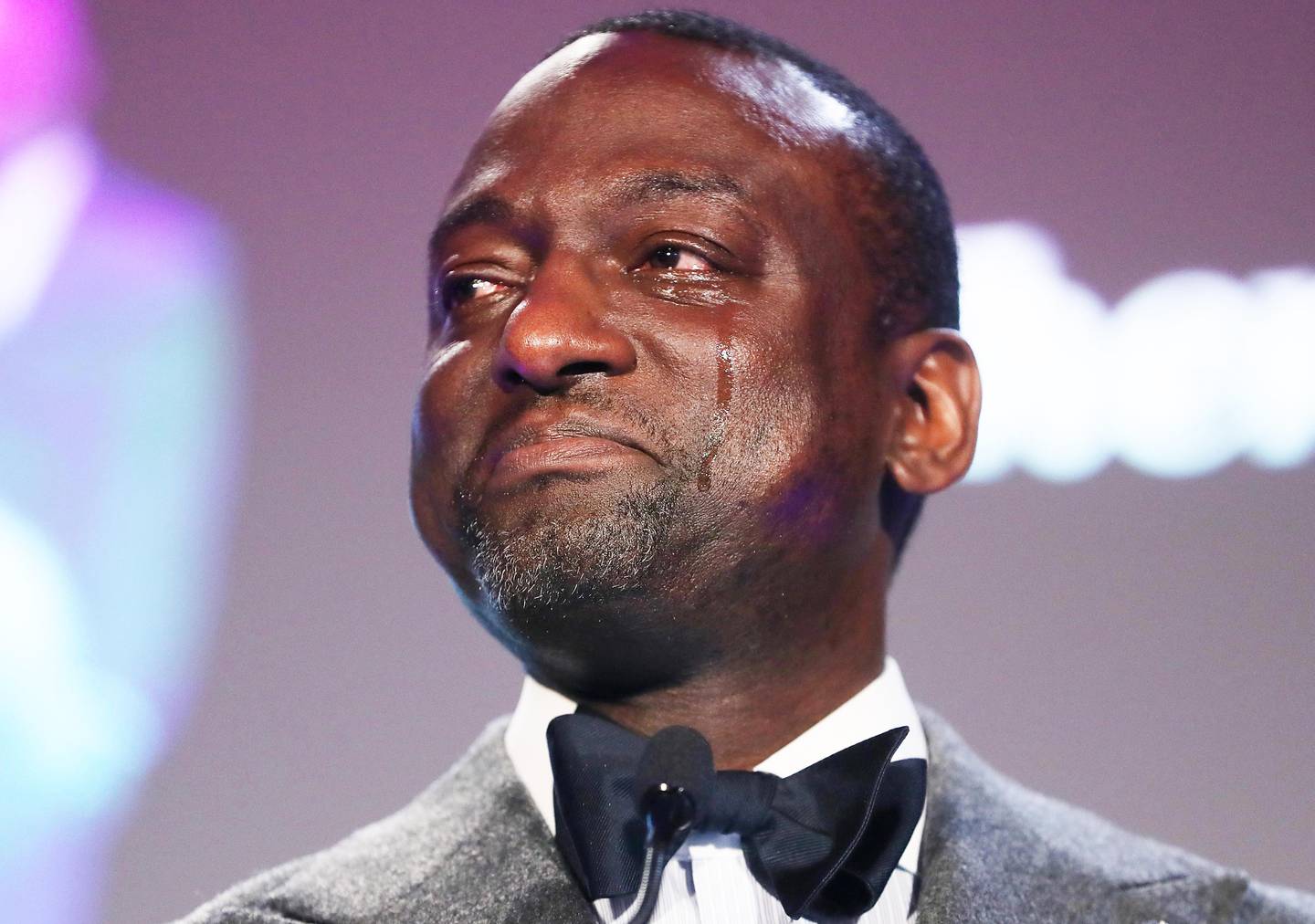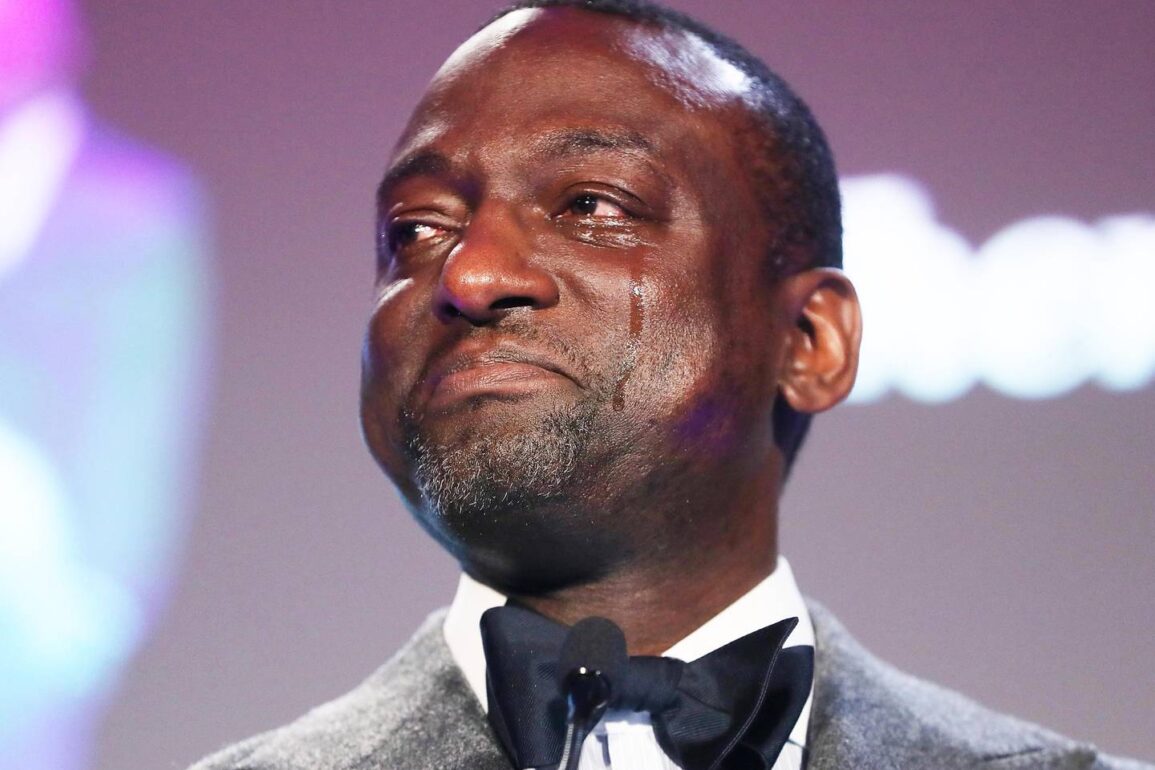Dozens of people who were wrongfully convicted of crimes — including Amanda Knox and Yusef Salaam, a member of the Central Park Five — on Monday filed a legal brief in the Maryland Supreme Court in support of Adnan Syed, who served more than 20 years in prison in the killing of his ex-girlfriend and classmate at Woodlawn High School.
In the brief, Martin Tankleff, an attorney in New York who himself was wrongfully convicted in 1990 of killing his parents and sentenced to 50 years to life, wrote that the justices should consider the voices of those in similar situations as Syed. The men and women, he said, collectively spent more than 1,220 years in prison for crimes they did not commit.
A Baltimore judge last year threw out Syed’s conviction in the killing of Hae Min Lee and ordered him to be released from prison. The state’s attorney at the time then dropped the charges. But a Maryland appeals court earlier this year reinstated Syed’s conviction and sentence, though he has remained free during the appellate process.
Tankleff outlined the obstacles and difficulties that people who are wrongfully convicted as well as their families face after release.
“Exonerees suffer enough upon release,” Tankleff said. “Adnan Syed should not be exposed to any further suffering by being denied the opportunity to move forward and live his life and not have to continue fighting in Court.”
Knox had been an exchange student and was convicted and imprisoned, but ultimately acquitted, in Italy of the 2007 killing of her British roommate Meredith Kercher.
Salaam was one of five Black and Latino teenagers wrongfully convicted in the rape of a white woman who had been jogging in Central Park in New York in 1989. They’ve all been released and exonerated, and he’s now the Democratic nominee for a seat on New York City Council.
The list of signers also includes Leslie Vass, who spent about 10 years in prison for an armed robbery he did not commit in Baltimore. The wrongful conviction has continued to show up on background checks despite being ordered expunged.
Syed, now 42, was found guilty in 2000 in Baltimore Circuit Court of first-degree murder, robbery, kidnapping and false imprisonment and sentenced to life in prison — plus 30 years. He was 17 at the time of the killing and has always maintained his innocence.
The case received international attention in 2014 with the release of the hit podcast “Serial.”
Sign Up for Alerts
Get notified of need-to-know
info from The Banner
Circuit Judge Melissa M. Phinn granted the motion and ordered Syed to immediately be released from prison.
Prosecutors had 30 days to schedule a new trial date or dismiss the case. Phinn had denied a request from Young Lee, Hae Min Lee’s brother, to postpone the hearing for one week so he could attend in person. She instead let him make a statement over Zoom.
The Appellate Court of Maryland ruled 2-1 to reinstate Syed’s conviction and sentence after finding that Young Lee’s rights to notice of the hearing and in-person attendance were violated.
The three-judge panel, though, held that Young Lee did not have a right to speak at the hearing.
The intermediate appeals court ordered a new legally complaint and transparent hearing. Both sides appealed to the Maryland Supreme Court, which agreed to hear the case.

In a brief also filed on Monday, David Sanford and Ari Rubin, Young Lee’s attorneys, argued that the Appellate Court of Maryland should have recognized that their client had the right to speak at the hearing during which a judge threw out Syed’s conviction.
“Our justice system relies on the adversarial process,” Sanford and Rubin wrote. “The outcome was based on speculation, conjecture, and innuendo. In such a case, the only safeguard is to allow a victim the right to speak where no one else will.”
Even if Young Lee was not entitled to call present evidence and cross-examine witnesses, they said, he could have played an “invaluable role” and alerted the judge to the “weaknesses” in the state’s case.
Meanwhile, the Maryland Office of the Attorney General contended that Young Lee had the right to address the court, too.
In a brief filed on Monday, Assistant Attorney General Derek Simmonsen wrote that victims and victim representatives have the right to speak, when practical, at court hearings that might alter a sentence in Maryland.
“If a victim has the right to address the court before the mere alteration of a sentence, surely a victim has the same right to address the court when a sentence may be vacated entirely,” Simmonsen said.
Syed has remained free during the appeals process. Oral argument is scheduled in the case for Oct. 5.
This post was originally published on this site be sure to check out more of their content.









